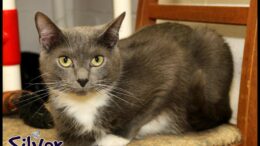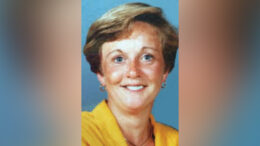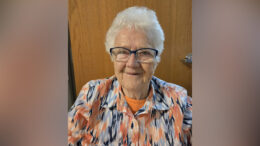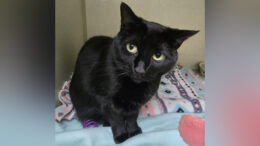The Clarion Call report
Clarion University
Getting back into the swing of the semester and getting involved around campus, students may notice some four-legged friends. This is not something to be alarmed about, and the Office of Disability Support Services would like to ensure that everyone be informed about the different assistance animals that will be on campus this semester.
Emotional support/comfort animals do not have any special training and it is not required by law. The primary role of the animal is to provide the owner with emotional comfort, companionship, friendship and affection. The concept of having an emotional support animal is that the disabled person will be able to function better with the companion around. More often than not, the emotional support animal is a house pet since they serve a higher purpose.
Emotional support dogs and cats are allowed access to “no pets policy” housing and in the cabin of airplanes with an ESA letter from a licensed mental health professional.
Service dogs are highly trained, as they also have to fill their master’s limitations due to disabilities like physical impairment or blindness. Service animals are taught to push wheelchairs, guide a blind person or alert someone in case their master is having a seizure. Service dogs are entitled to accompany their handlers wherever their handlers go.
Therapy dogs are also highly trained, but compared to services animals, they are taught to be more socially adjusted to various people. Therapy dogs are normally situated at hospitals, schools or communities that require calming, psychological and physiological healing. Fun fact: during finals week, therapy dogs are brought in to the basement level of the library for students to pet. Students find this to be a positive experience and a helpful way to relieve the stress of preparing for finals.
The Office of Disability Support Services reminds students that, “Differentiating between service dogs, therapy dogs and emotional/comfort support animals is not a matter of splitting hairs or being politically correct. Each of these animals have a very different job from the others, and the terms are not interchangeable.”
Christina Hearst is the coordinator of disability support services here at Clarion University. For students with any further questions or need of assistance, her office is located in Becht Hall 109, and she can also be reached by telephone at (814) 393-2095.





































